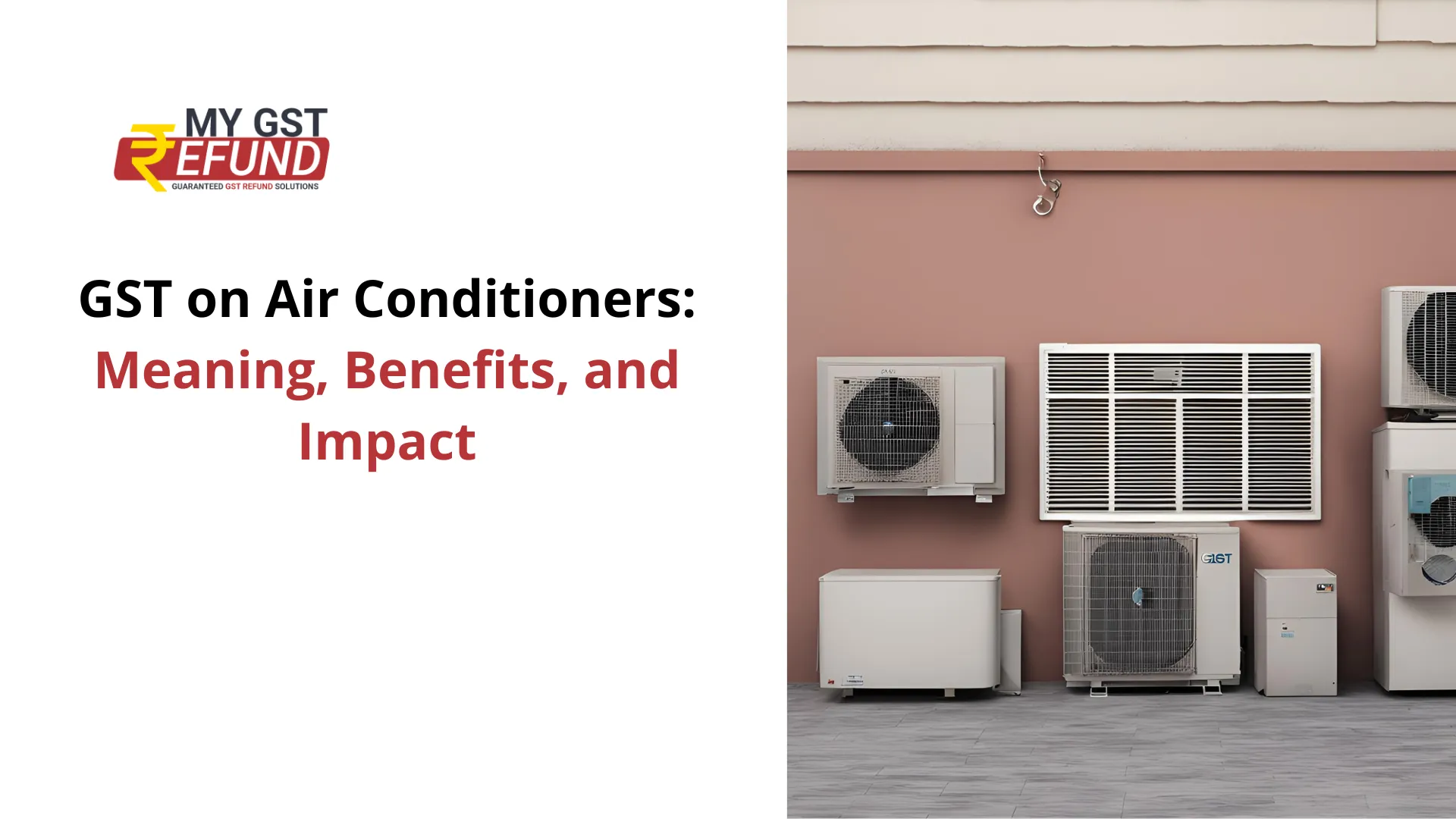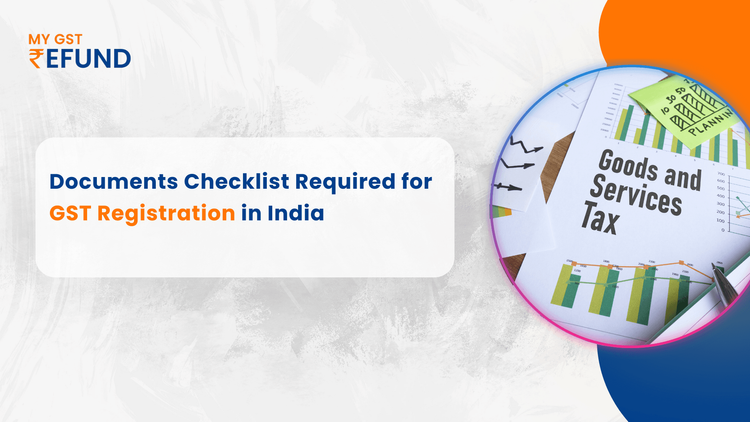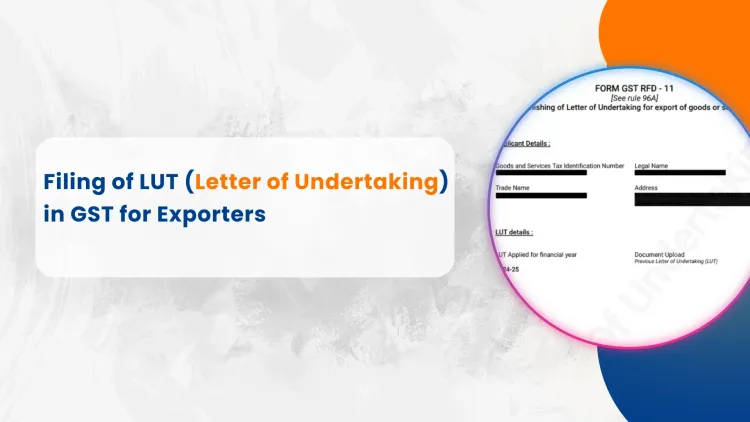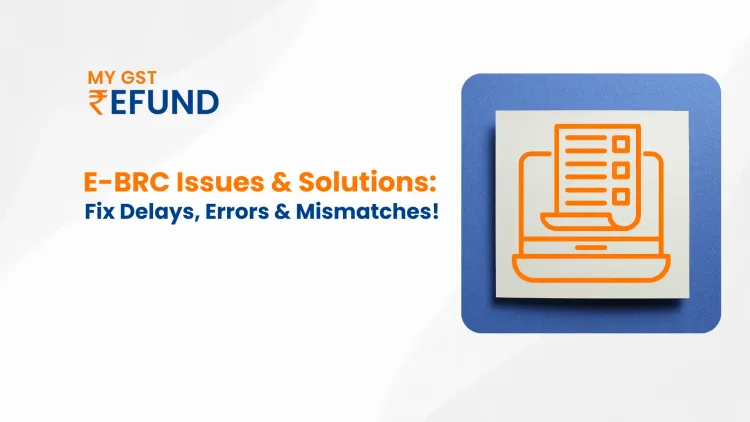GST on Air Conditioners: Meaning, Benefits, and Impact
The Goods and Services Tax (GST) in India has changed many industries, including air conditioning. In this article, we will explore how the GST has altered prices, installation costs, and eco-friendliness of air conditioners. We will discuss its effects on the Indian market.
The Indian Government introduced the GST, a new tax system. It has affected how air conditioners are taxed and priced. By looking into what GST means, the tax rates for air conditioners, and the impact on everyone involved, we'll understand the changes in the cooling sector.
Key Takeaways
The Goods and Services Tax (GST) has had a big impact on the air conditioning industry in India.
GST has changed prices, installation costs, and thinking about the environment with air conditioners.
These changes have influenced consumers, manufacturers, and the cooling sector.
It's important to know what GST is, the tax rates, and the overall impact for understanding the air conditioning market.
This article gives a detailed look at how the GST has changed things for air conditioning in India.
Understanding the GST on Air Conditioners
The Goods and Services Tax (GST) has changed how goods and services are taxed in India. It's crucial to know its details for anyone dealing with air conditioners.
What is GST?
GST is a single tax that replaced many others, like excise duty or service tax. It is paid at the point of sale, not when the item is made. The goal is to make trade within the country smoother by removing tax build-up and ensuring a fair tax system.
GST Rates for Air Conditioners
Under the GST, air conditioners are considered cooling appliances. Their tax rates vary according to size and type. The current GST rates for them are:
Split air conditioners: 28% GST
Window air conditioners: 28% GST
Commercial air conditioners (over 2 tonnes): 28% GST
Smaller air conditioners (under 2 tonnes): 18% GST
Remember, these rates can change. So, consumers and businesses must keep up with the latest updates.
"The introduction of GST has simplified the tax structure and made it more transparent for consumers and businesses alike."
The Impact of GST on Air Conditioner Prices
The GST change in India greatly affected air conditioner prices. Before GST, these products faced many taxes like excise duty, VAT, and service tax. Now, with GST, their tax system is much simpler.
Another big change is how the input tax credit (ITC) works. Companies can get back the GST they paid on materials and services. This has lowered their costs, making air conditioners cheaper for us to buy.
| Pre-GST | Post-GST |
|---|---|
| Excise duty: 12.5% VAT: 12.5-14.5% Service tax: 15% | GST: 28% |
In addition, there are rules to stop companies from overcharging us due to these tax changes. They must cut prices to match lower tax rates, stopping them from keeping the extra money they save.
But not all air conditioners got cheaper with GST. Things like brand, special features, and type of air conditioner play a big role. Generally, the more expensive the air conditioner, the lower the price drop.
So, the GST change made air conditioners differently priced in India. The new tax system and the tax credit help to make air conditioners more affordable. But not all prices dropped the same amount, which depended on what you were buying and where.
"The GST has streamlined the tax structure for the air conditioner industry, but the impact on prices has been uneven across the market segments."
Are you worried about the complicated GST refund process? Let My GST Refund take the hassle out of it for you! Experience seamless and stress-free GST refund solutions with our expert team.
Don't wait – Book Your Free Consultation with an Expert
GST on Air Conditioners
The Goods and Services Tax (GST) in India changed how air conditioners are priced. It brought two main benefits for consumers: the input tax credit and anti-profiteering laws. Under GST, companies buying air conditioners can claim back the GST they paid. They do this by using this credit against the GST on what they sell. This helps lower the price for people like you. To make sure these savings reach customers, the government set anti-profiteering rules. If the new GST lowers a business’s taxes, they must cut their prices. This ensures you get the savings, not them.
| Measure | Impact on Air Conditioner Pricing |
|---|---|
| Input Tax Credit | Helps reduce the overall tax burden for businesses, potentially leading to more affordable pricing for consumers. |
| Anti-Profiteering Measures | Ensures that the benefits of the GST are passed on to consumers through lower prices. |
The mix of input tax credit and anti-profiteering rules made GST's effect on air-con costs clear. It offered tax aid to sellers and protected buyers’ prices. Thanks to these, air conditioners in India became more budget-friendly and easier to buy.
Benefits of GST for Air Conditioner Manufacturers
The Goods and Services Tax (GST) in India is a big win for air conditioner makers. It has simplified the tax system, making their work easier and cheaper. They now face less tax and can sell air conditioners at better prices.
The best part is the input tax credit. This lets them reduce the tax they pay by claiming a credit for the GST they spend on materials. Lower taxes mean they can make air conditioners cheaper for customers.
Also, GST was designed to stop taxing taxes. This means a smoother journey from making to selling air conditioners. Manufacturers save time and money dealing with different taxes at each step.
Are you an exporter? Did you know you are eligible for a GST Refund ? Learn more- GST Refund for Exporters
Improved Competitiveness
With GST, air conditioner makers in India are more competitive. They can spend more time making their products better. Before, they had to focus on sorting out heavy tax bills from each state.
Now, they invest more in making air conditioners smart and efficient. This change benefits everyone. Customers get top-notch air conditioners at good prices, and makers see their businesses grow.
Streamlined Compliance
Doing taxes is easier under GST. Makers face fewer rules and less paperwork. This means they have more time and money for important tasks. They can focus on what they are good at - making air conditioners.
| Benefit | Impact |
|---|---|
| Input Tax Credit | Reduced production costs, enabling more competitive pricing |
| Elimination of Cascading Taxes | More efficient supply chain and logistics |
| Simplified Compliance | Freed up resources for core business activities |
| Increased Competitiveness | Greater investment in R&D and technological advancements |
In sum, GST has changed the game for air conditioner makers in India. It boosts their competitiveness and efficiency. Today, they can innovate more, make greener products, and keep up with the country's air conditioning needs.
Consumer Implications of GST on Air Conditioners
The Goods and Services Tax (GST) in India has changed the air conditioning market a lot. Now, people can clearly see the prices. This makes buying air conditioners easier for both homes and businesses.
Transparency in Pricing
Before GST, it was hard for buyers to know the real cost of air conditioners. Prices seemed hidden. But with GST, everything is more transparent. Sellers must show the tax rates and the final price clearly.
Knowing the real price helps buyers in a number of ways. They can compare prices easily between brands. And seeing the GST separately in the price boosts buyers' trust in the market.
| Metric | Pre-GST | Post-GST |
|---|---|---|
| Transparency in Pricing | Low | High |
| Consumer Confidence | Moderate | High |
| Ability to Compare Prices | Limited | Improved |
The change in air conditioner pricing thanks to GST has made a big difference for buyers. They can now shop with more confidence and knowledge.
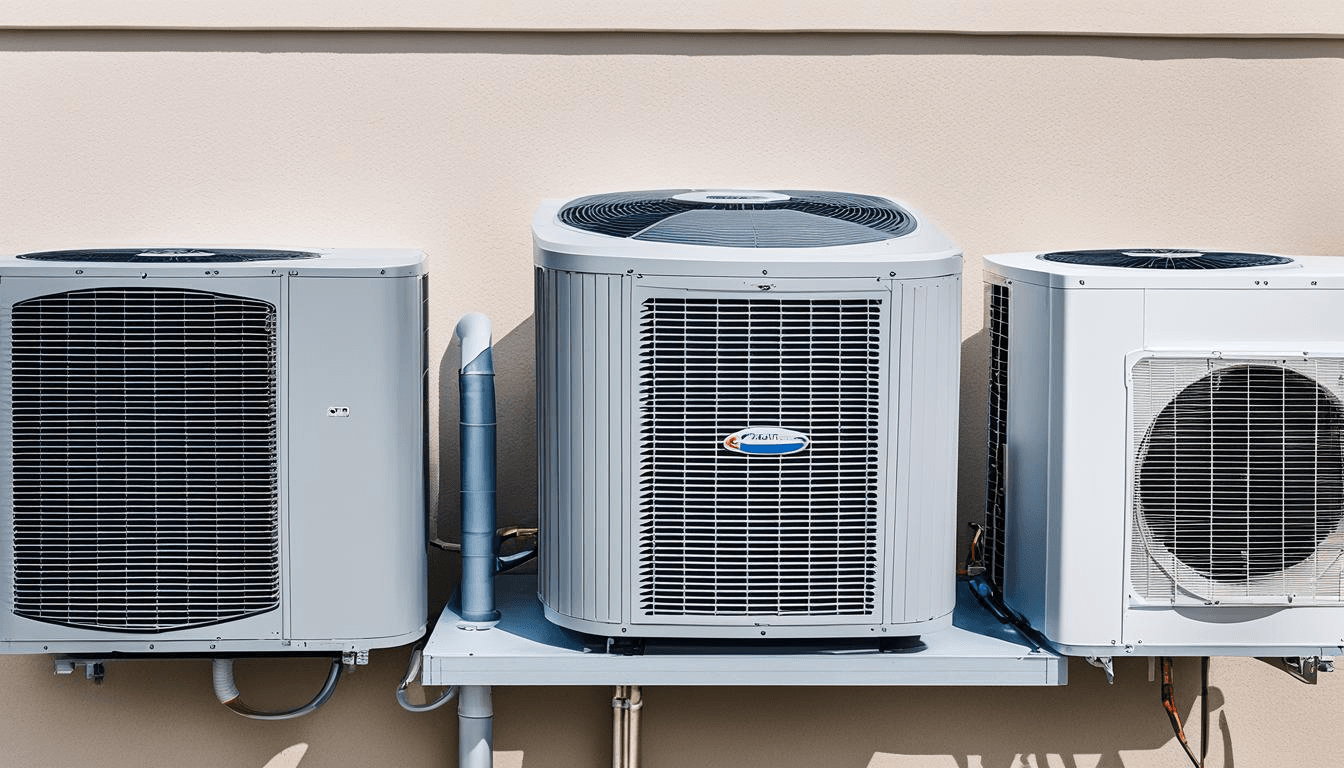
"The GST regime has brought about greater clarity in pricing, empowering consumers to make more informed purchasing decisions."
GST and Air Conditioner Installation Costs
The Goods and Services Tax (GST) in India changed how air conditioner installation costs work. Before GST, there was a mix of taxes, including an extra charge on services. But, with the GST, things are different.
Service Tax Implications
Previously, a service tax made air conditioner installation and maintenance more expensive. This extra charge came from the service providers, increasing the cost for buyers.
Now, with GST, this service tax has gone away. The amount you pay in taxes is based on the GST rate for your specific air conditioner type.
For example, the GST rate for installing air conditioners under 1 ton is 18%. But for those 1 ton or bigger, the rate jumps to 28%. As a result, the cost of installing air conditioners has changed for buyers.
| Air Conditioner Cooling Capacity | GST Rate |
|---|---|
| Less than 1 ton | 18% |
| 1 ton or more | 28% |
Knowing how GST affects installation costs helps buyers make smart choices. This way, they can plan their spending when buying new air conditioners.
Navigating the GST Regime for Air Conditioner Purchases
India’s economy is rapidly changing due to the Goods and Services Tax (GST). Buying air conditioners is also different now. Customers and companies need to know the new rules for a smooth buy under GST.
Documentation Requirements
Getting an air conditioner in the GST time needs you to have the right paperwork. The important papers include:
GST Invoice: Details include the GST rate, total taxes, and more about the AC.
GST Registration Certificate: Buyers must give their GST number to the seller.
PAN (Permanent Account Number) Card: You need to show this during the purchase.
Delivery Challan: It shows goods were delivered and the GST paid on them.
For companies buying ACs, you might need more like business and GST certificates.
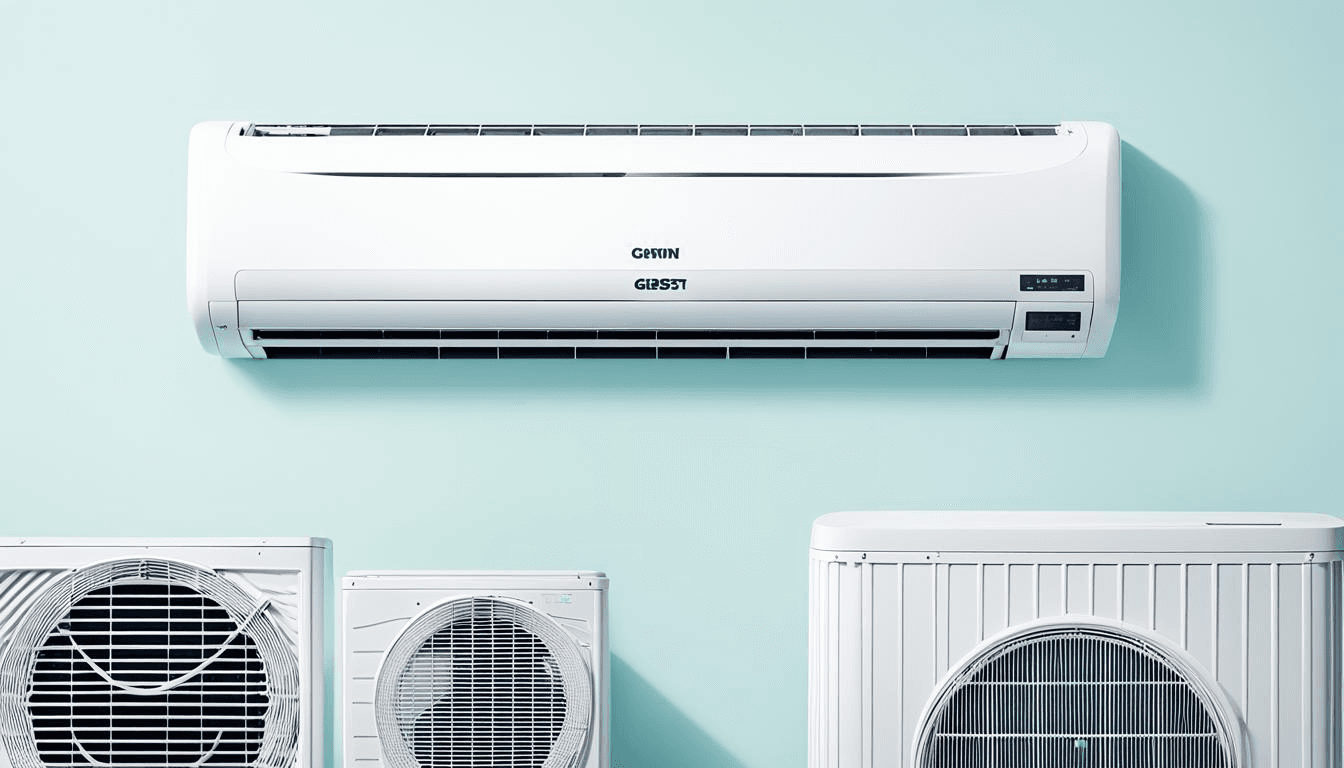
Being up-to-date on GST documentation for air conditioner purchases and how to buy under GST helps buyers and companies. It makes getting your air conditioner hassle-free in the new tax scene.
Environmental Impact of GST on Air Conditioners
The Goods and Services Tax (GST) in India has changed the air conditioning industry. It affects the prices and the eco-friendliness of these machines. The goal is to boost efficiency and protect the environment.
Since the GST was introduced, people are buying more energy-saving air conditioners. The GST rates push for less tax on these. Now, many air conditioners sold are energy-saving, lowering India's environmental impact.
| GST Rate | Energy Efficiency |
|---|---|
| 28% | Less energy-efficient air conditioners |
| 18% | Energy-efficient air conditioners |
The environmental impact of GST on air conditioners is not just about using less energy. It also encourages using eco-friendly coolants and making air conditioners in greenways. This has cut down on harmful emissions, improving the air conditioning industry’s environmental friendliness.
However, we're still waiting to see the full positive effects of the GST. It will take more work. Keeping an eye on energy efficiency and giving more incentives for buying eco-friendly air conditioners is important.
In the end, the GST is making air conditioning better for the environment. It's pushing for more energy-friendly choices and greener ways to make air conditioners. As India cares more about the environment, the GST is helping the air conditioning industry go towards a future that's kinder to the planet.
Conclusion
The Goods and Services Tax (GST) has greatly affected the air conditioning industry in India. We've seen how this new tax has changed prices, the way consumers buy, helped manufacturers, and influenced environmental thinking.
The main results show that air conditioner prices have gone up due to the GST. But, it has also made the system more open and efficient. This is because manufacturers can get back some of the taxes they pay. Plus, rules are in place to make sure the savings reach the buyers.
In the end, the GST's effect on the air conditioning market is a mix of good and bad. On one hand, buying an air conditioner has become more expensive. But, the new tax system and rules will likely help both companies and customers in the future. As everyone in the industry gets used to the GST, it's vital to understand the changing rules. This way, they can make the most of the chances that come with this important tax change.
FAQ
What is GST?
GST stands for Goods and Services Tax. It's an indirect tax system in India. introduced to simplify taxes. It replaced several other taxes. This tax is added to the supply of goods and services to create a unified market.
What are the GST rates for air conditioners?
Air conditioners have an 18% GST rate in India. This covers all types, including room and central air systems.
How has GST impacted the prices of air conditioners?
The effect of GST on air conditioner prices varies. It made the tax system simpler and offered tax credits. Yet, the 18% GST led to a slight price hike for consumers.
What is the input tax credit under GST for air conditioner manufacturers?
Under GST, air conditioner makers can claim tax credits on their business input taxes. They can offset the GST from their sales with the GST they've already paid. This benefit helps lower their costs.
How have anti-profiteering measures affected the air conditioning industry?
Through anti-profiteering, the government aims to protect consumers. It ensures that the savings from GST are passed on. This has kept air conditioner businesses under pressure to keep prices fair and not overcharge.
What are the benefits of GST for air conditioner manufacturers?
GST brought several advantages for air conditioner makers. It simplified taxes, offered tax credits, and made the supply chain clearer. These changes boosted efficiency and competitiveness in the industry.
How has GST affected the installation costs of air conditioners?
GST changed how installation and maintenance services are taxed for air conditioners. Now, they come under standard GST rates. While this simplifies things, it might increase costs for consumers.
What are the key documentation requirements for purchasing air conditioners under GST?
Buying air conditioners under GST requires specific documents. You need a GST invoice for tax credits and compliance. The invoice must show the seller's GST details, the tax rate, and the total tax charged.
How has GST influenced the environmental impact of air conditioners?
GST has potentially improved the environment by making efficient air conditioners cheaper. This might push consumers towards eco-friendlier options. However, the full effect on energy use and emissions is still under observation.
Also Read- GST on Logistics Industry
Related Posts




